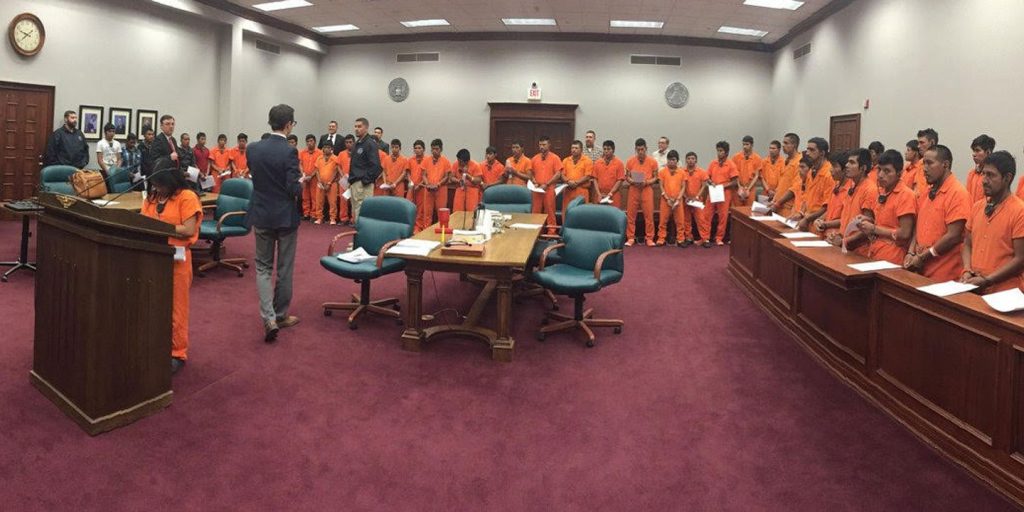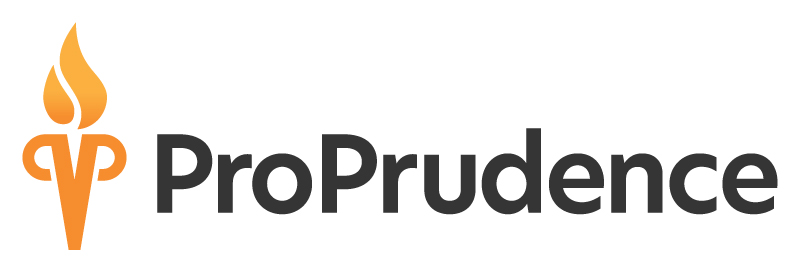The Complex Relationship Between Border Security & Immigration Reform
The issues of border security and immigration reform have long been intertwined in the complex landscape of immigration policy. While border security aims to protect a nation’s boundaries and prevent unauthorized entry, immigration reform seeks to address the challenges and shortcomings of the existing immigration system. Finding a balance between these two objectives is crucial, as it impacts national security, economic stability, and the lives of countless individuals. Balancing the need for security with humane immigration policies is no easy task. It is crucial to evaluate perspectives, consider potential solutions, and carefully assess the role of privatization. By taking a professional and comprehensive approach, we can work towards finding solutions that prioritize security, fairness, and the well-being of all individuals involved. This article delves into the perspectives surrounding border security and immigration reform, examines potential solutions, and explores the role of privatization in these areas.
Evaluating Perspectives on Border Security & Immigration Reform
When it comes to border security and immigration reform, perspectives differ significantly. Supporters of strong border security argue that a robust defense is necessary to safeguard against potential threats, such as terrorism and drug trafficking. They emphasize the importance of strict enforcement to maintain the integrity of the nation’s borders. On the other hand, proponents of comprehensive immigration reform argue for a more humanitarian approach, highlighting the need to address the root causes of migration, provide pathways to legal status, and protect the rights of undocumented immigrants. Balancing these perspectives is essential to devise effective policies that address both security concerns and humanitarian considerations.

Examining Potential Solutions for Border Security & Immigration Reform
In addressing the challenges of border security and immigration reform, various potential solutions have been proposed. Strengthening infrastructure, such as physical barriers and technology, can aid in monitoring and preventing illegal crossings. Additionally, increasing funding for border patrol agents and implementing smarter surveillance systems can enhance border security efforts. Immigration reform measures could include streamlining the legal immigration process, creating a pathway to citizenship for undocumented immigrants, and improving the efficiency of immigration courts.
Without question, immigration reform is a complex issue that requires finding a delicate balance between efficiency and ethics. In order to create a fair and just system, we must ensure that the process of immigration is efficient and streamlined, while also upholding ethical standards. Efficiency is key when it comes to immigration reform. Streamlining the process not only benefits immigrants who seek a better life but also ensures that the system operates smoothly. By reducing bureaucratic hurdles and implementing technology-driven solutions, we can expedite the visa process, making it more accessible and efficient for those who wish to contribute to our society. However, we must always keep ethics at the forefront of our minds. While efficiency is important, we must not sacrifice fairness and compassion. Striking the perfect balance means creating a system that is both efficient and ethical, treating foreign nationals with dignity and respect while also upholding the rule of law. By striking this balance, we can unleash the power of immigration reform and harness the countless benefits that it brings.

Analyzing the Role of Privatization in Border Security & Immigration Reform
Privatization, the involvement of private entities in the provision of border security and immigration services, has gained attention as a potential solution. Proponents argue that privatization can bring efficiency, innovation, and cost-effectiveness to these areas. Private companies can offer specialized expertise, adapt quickly to changing circumstances, and provide accountability through performance-based contracts. Critics, however, raise concerns about potential profit motives compromising humanitarian considerations and the potential for abuse or corruption. To combat potential corruption or abuse, vigorous internal control mechanisms must be implemented within private immigration service providers. These mechanisms should include strict background checks and vetting processes for employees, as well as clear guidelines and codes of conduct to govern their behavior. Whistleblower protections should also be in place to encourage employees to report any suspicious or unethical activities without fear of retaliation. Regular training programs on ethics, anti-corruption measures, and the importance of integrity should be provided to all personnel involved in the immigration process to foster a culture of transparency and professionalism.

Advantages & Disadvantages of Privatizing Border Security & Immigration Reform
Privatization offers advantages in terms of efficiency and innovation. Private companies can potentially bring new technologies and strategies to border security and immigration services that might not be readily available within government agencies. By introducing competition, privatization can also drive improvements and cost savings. However, concerns arise regarding the potential lack of governmental oversight and accountability. Profits may become a driving force, potentially leading to ethical concerns, such as mistreatment of migrants or prioritizing financial gain over humanitarian considerations. A careful balance must be struck to ensure the advantages of privatization are maximized while mitigating the associated risks.
Strong oversight is crucial for safeguarding a privatized US immigration system against the risks of corruption and abuse. The government must play an active role in monitoring and regulating private entities involved in immigration services. To be sure, one of the overwhelming benefits of privatization is that immigration service providers can alleviate much of the burden currently felt by the Department of Homeland Security (DHS), USCIS, and Executive Office of Immigration Review (EOIR). These authorities should have the resources and independence necessary to conduct thorough investigations and audits of private immigration service providers. Moreover, private immigration service providers should collaborate with law enforcement agencies to ensure that any corrupt practices are swiftly identified and prosecuted.

A Professional Evaluation of Border Security, Immigration Reform, & Privatization
Evaluating the complex relationship between border security, immigration reform, and privatization requires a professional and comprehensive approach. It is crucial to consider the perspectives of national security experts, immigration advocates, economists, and experts in privatization. Their input, combined with thorough research and analysis, can inform policy decisions that prioritize both security and humanitarian concerns. Collaboration between government agencies, private entities, and civil society organizations is essential to strike a balance between effective border security and a fair and just immigration system. In the balancing act of efficiency, ethics, and immigration reform, we must remember that all elements are essential for the success of our society. By finding the perfect balance between efficiency and ethics, we can create an immigration system that is fair, just, and welcoming. This will not only benefit foreign nationals but also contribute to the overall prosperity and well-being of our nation.

Can Privatizing Unleash the Power of Immigration Reform?
Privatizing immigration reform has the potential to unleash a multitude of benefits for our society. Embracing creativity and innovation allows us to further embrace diversity, enriching our cultural fabric and enhancing our economic prosperity. Foreign Nationals bring unique perspectives, skills, and talents that contribute to innovation, entrepreneurship, and the overall growth of our nation. By reforming our immigration system to prioritize efficiency and ethics, we can unlock the full potential of these individuals and create a society that is inclusive, vibrant, and prosperous.
Moreover, immigration reform allows us to uphold our moral obligation to provide refuge for those fleeing persecution, violence, or extreme poverty. America has an incredible opportunity to lead with innovation and completely transform global approaches to migration. Our continued failure to embrace these changes is, without a doubt, a failure of our collective moral obligation. By creating an efficient and ethical system, we can ensure that those in need are provided with the support and protection they need. This not only aligns with our values as a compassionate society but also enhances our standing in the global community.





